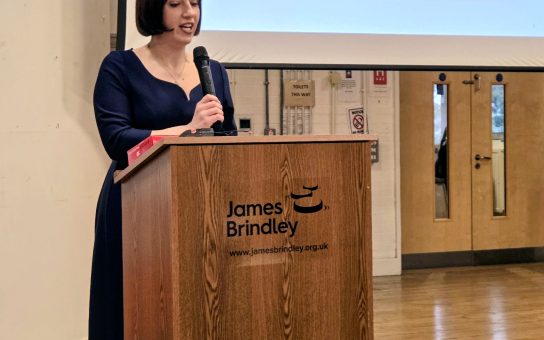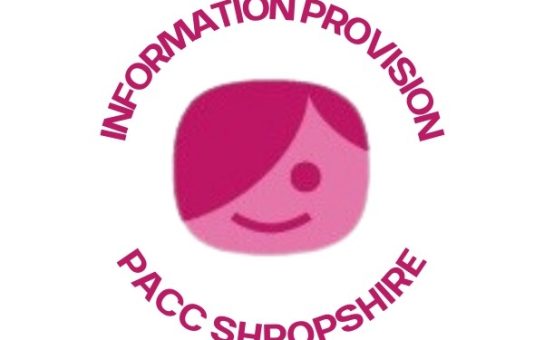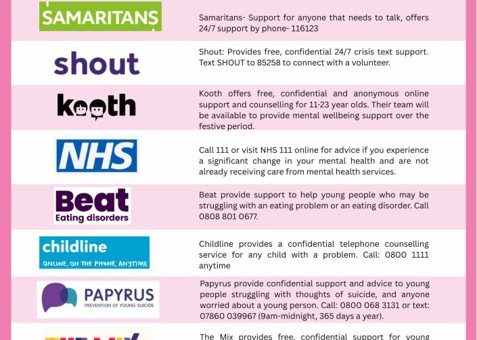
Information Provision
National SEND Conversation – West Midlands
Today PACC Influence and Change Lead, Sarah Thomas attended the National SEND Conversation event in Birmingham. This was the final in person event where the Department for Education heard directly… Read more National SEND Conversation – West Midlands
January 12, 2026





